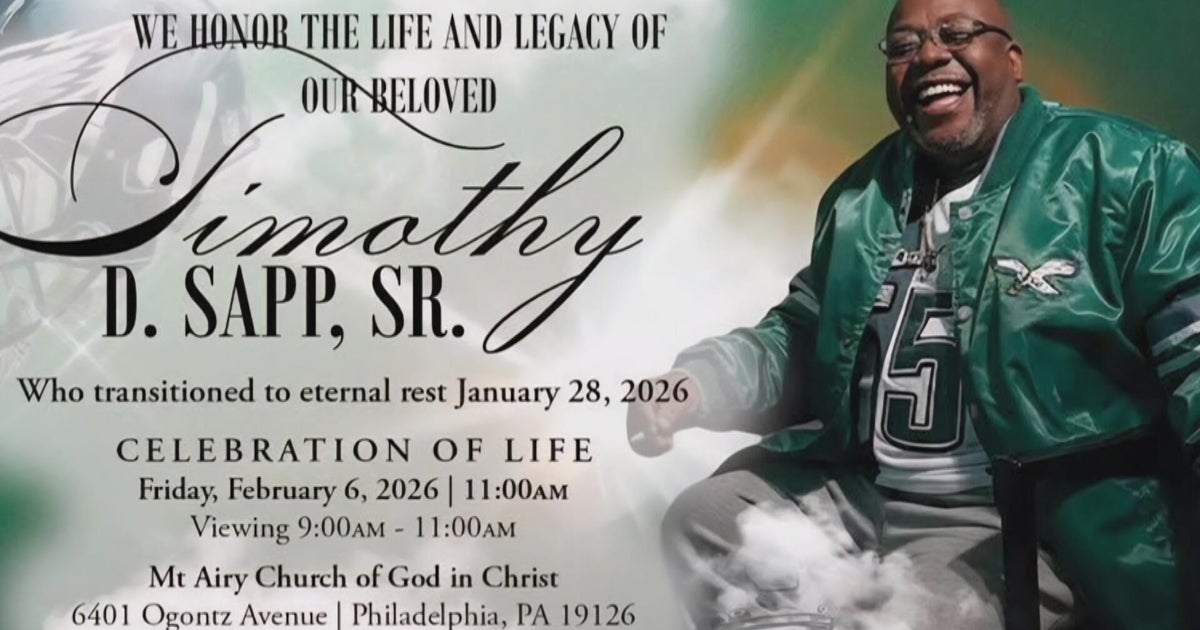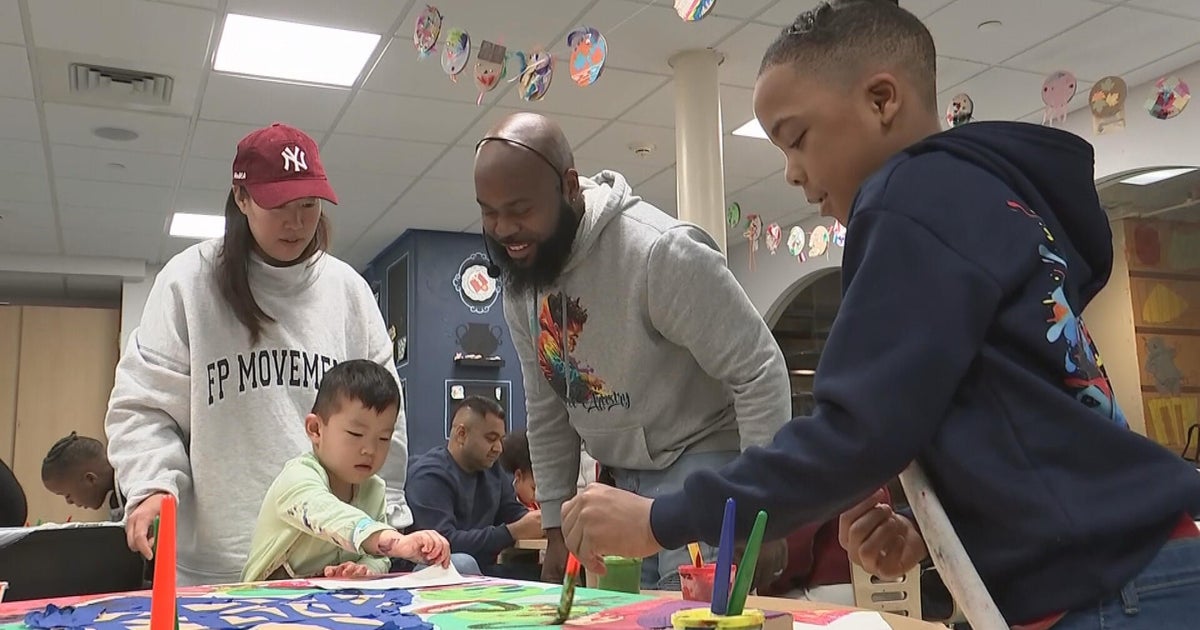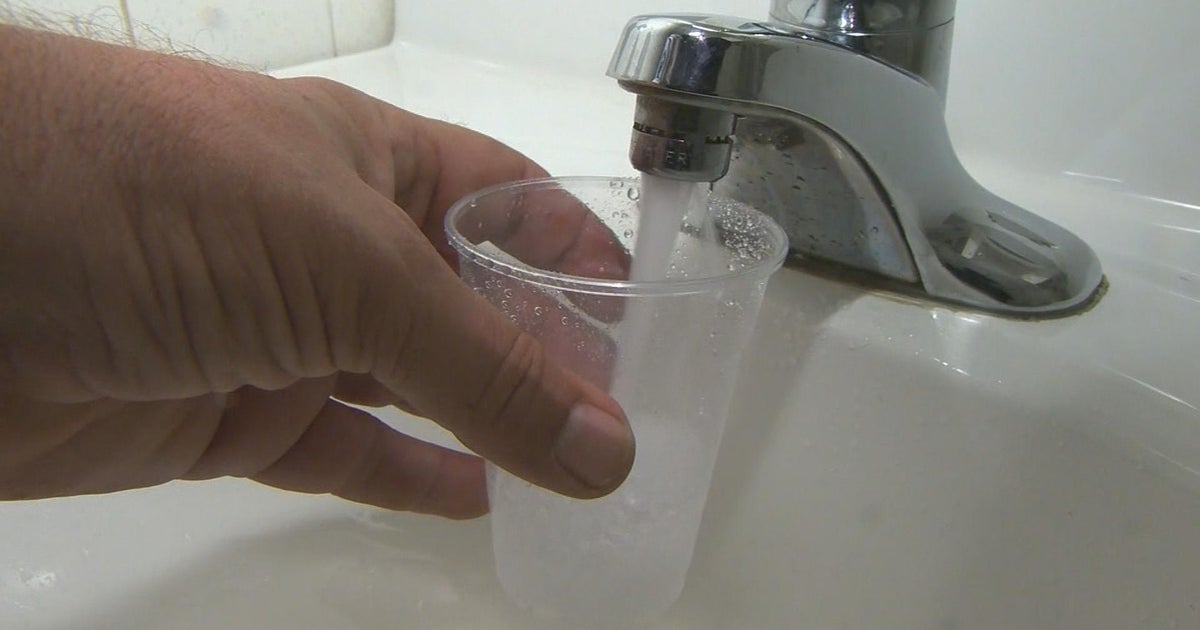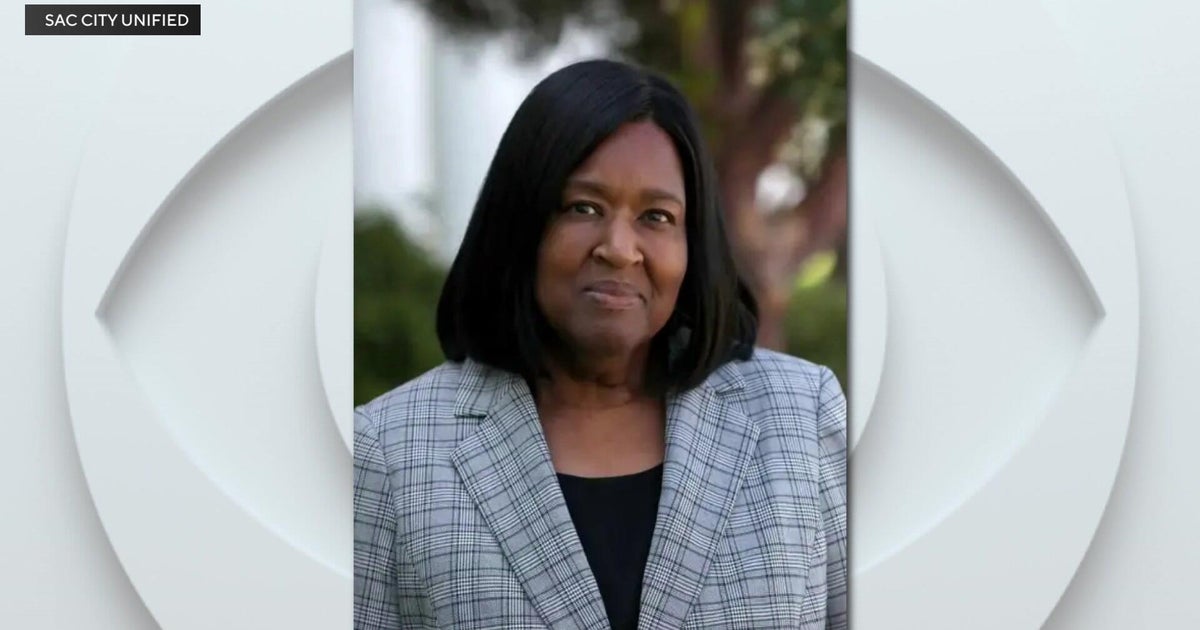Guide To Avoiding Scammers On 'Giving Tuesday'
PHILADELPHIA (CBS) — In the spirit of the season, many people save up money to make donations during the last few weeks of the year.
In fact, this Tuesday is commonly referred to as "Giving Tuesday", a national day of giving back.
Big Day For Gun Sales On Black Friday
Unfortunately, scammers can prey on that generosity, so it's worth a few reminders. Eyewitness News has some advice before donating to any charitable organization.
Mapping out a strategy for holiday giving and setting a budget can help you avoid high-pressure pitches that could amount to scams.
"I think people have to be really careful that they're making sure that their contribution gives the most to the charity," said author and fundraising consultant, Harry Freedman.
He says first things first, make sure you know who you're giving too.
"You have to really be careful because you may see an organization that has a name that looks familiar to you, but they've added a word and it could be somebody that really isn't a legitimate charity," said Freedman.
So do your research.
Study: Man Judged As More Feminine If Wife Keeps Her Last Name
"You want to look at how much the charity raises and how much they spend. Sometimes you can see that 50 percent of your dollar actually goes to administration, whereas only 50 percent goes to supply programs," said Freedman.
You can check out a charity's financial health, its transparency, and its track record through websites like the Better Business Bureau's Wise Giving Alliance or Charity Navigator.
Non-profit watchdog Charity Navigator Spokeswoman Sara Nason says before opening your wallet, do a little digging.
"You can take key steps to make sure that your donation is not taken advantage of, and one of those is making sure that the organization files the Form 990 with the Internal Revenue Service," said Nason.
Form 990 lays out how the organization spends its money. You can see how much goes to programs, fundraising efforts and even how much administrators make.
"Make sure you're doing some level of verification to really ensure that the donation is going to who you think it will," said Nason.
Avoid giving money to charities that send you gifts you didn't ask for like calendars or return address labels. The same goes for charities that randomly call you. Chances are, there's a telemarketer on the other end of the phone getting paid to convince you to give.
"Don't ever feel pressured. Your decision is to make the donation where something really touches you in your heart," said Freedman.







